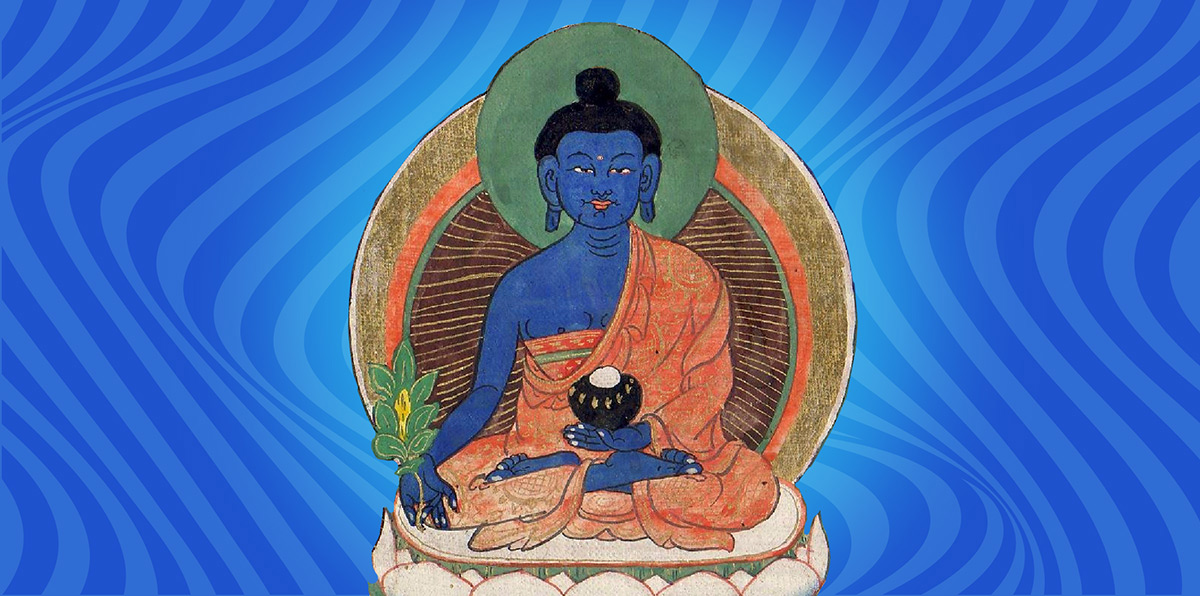by Richard Williams

As a person living with a diagnosis of severe mental illness, in a Black body, and with a queer heart, the lack of belonging, community, and connection has been normalized. Early in life and in a child’s mind, a survival decision had to be made, to search for belonging or function. I chose to function, however empty that functioning was. I suspect this is a shared experience in a society that determines humanity and value based on our contributions.
As a student in the Contemplative Psychotherapy Program’s (CPP) Embodiment Year, I learned that with tantric practices, ever-growing compassion, and the audacity of those who choose to heal, I can choose again and differently. Tantric practices help us access and embody the continuation, or process of the dharma and of being. I and those with differences or receivers of oppression are often guided to write our own stories. Tantra allows us not only to compassionately hold our pen but also to mindfully revise what has been written to better embody our truths and reality.
Meditation is often described and taught as an individual practice sometimes done in the community. We follow our breath or object of focus into our bodies, mind, and souls. We may quiet thoughts and compassionately witness, like the Bodhisattva. We might call into the bliss-void within us and listen for what comes back to us. With tantra, we evoke the essence of those who embody and model traits or qualities that we may need, desire, or aspire to embody. Those we evoke, practice gratitude for, and model our ways from are our mentors. Some of my mentors include Medicine Buddha, Tara, Malcolm X, my late grandfather, my late aunt, my inner child, and my ancestral lineage. In tantric meditation, I may be practicing within the mind, but I am not alone. I am in my most vulnerable state surrounded by a truly beloved community. To be within the sanctuary of the mind and in the company of beings that we love is an overwhelmingly beautiful gift of sacred bliss.
The way mentor bonds help transform the lineage that allowed us to be, our ancestors, physical mentors, and metaphysical role models—mentor bonding—is a way to cultivate healing in a very hurt society. By practicing from a place of respect, authenticity, and gratitude we can cultivate a relationship that embodies the practice. In our practice, we transform those closest as well as those around them. In healing and contemplative spaces, we often remark on how we allow a thought, awareness, or experience to ripple through us. In the Embodiment Year and with tantric practices we become the ripple.
May your existence ripple in compassion, liberation, and love, in the most simple, profound, and radical ways.
Editor’s Note:
Richard Williams is an educator and storyteller who specializes in supporting those with emotional, behavioral, and social differences and a contemplative-oriented life coach.
The Embodiment Year and the Mindfulness Year of the Contemplative Psychotherapy Program begin this fall. Additionally, we are offering the Compassion Year in Spanish and Portuguese. Find out more and apply today
